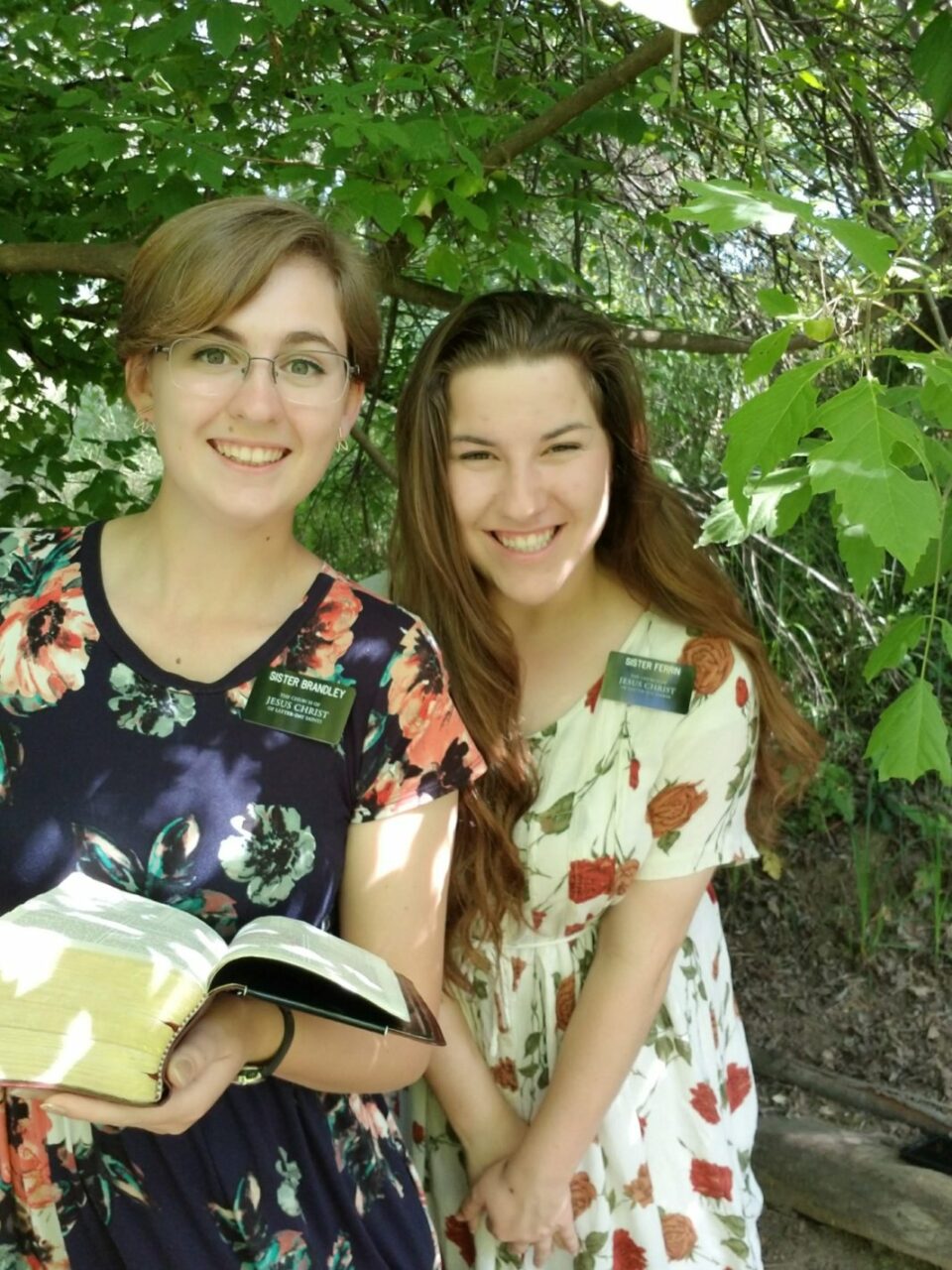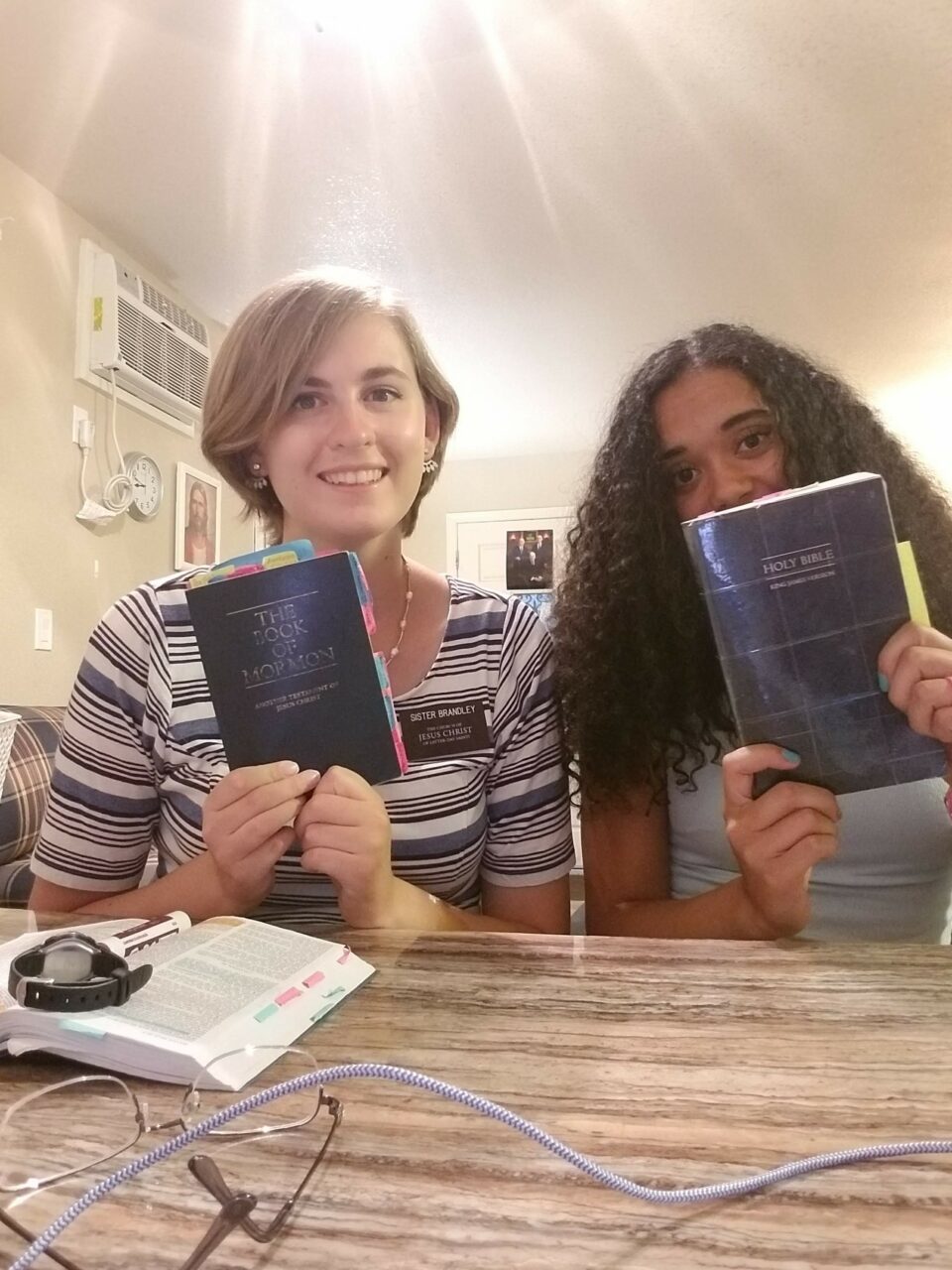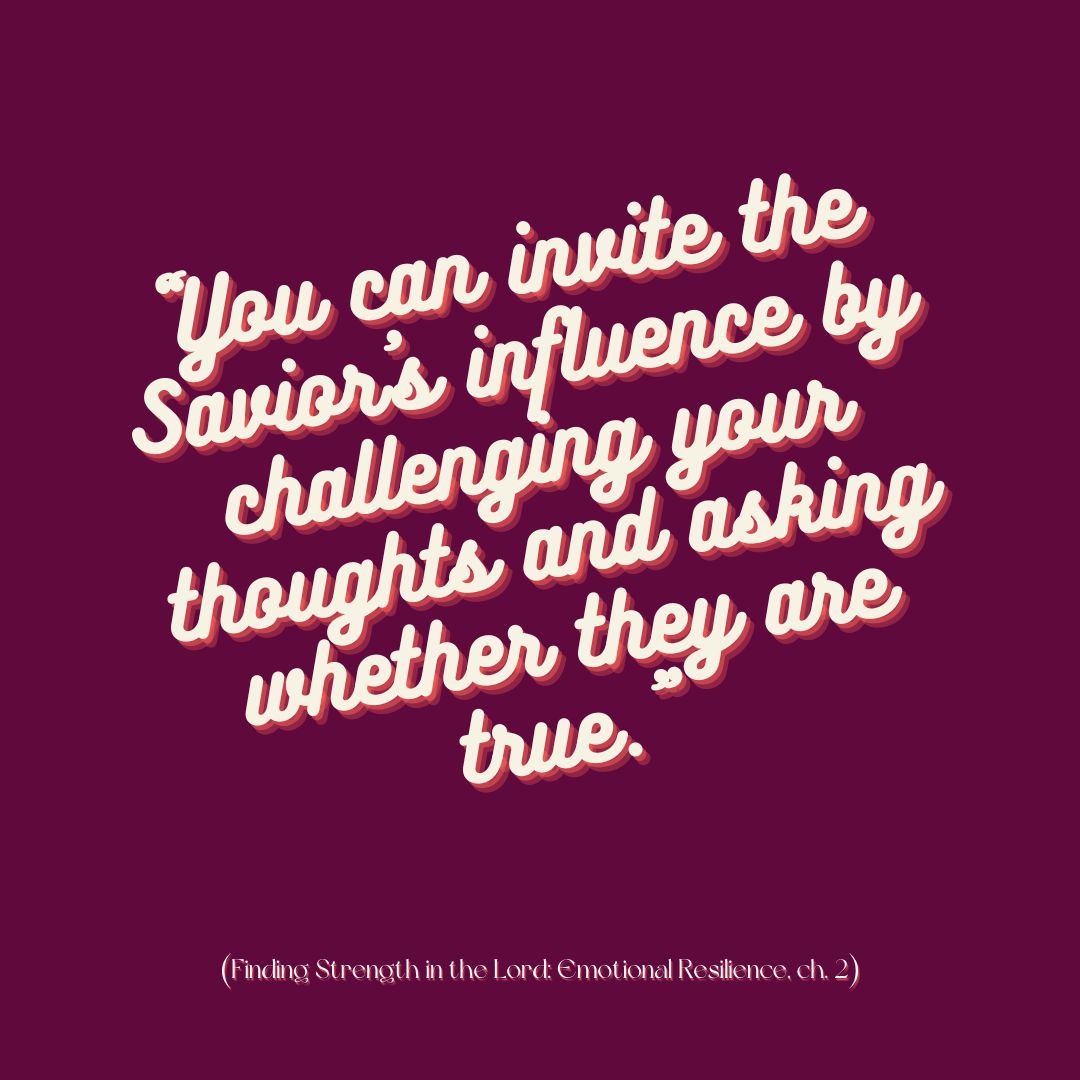The Church of Jesus Christ of Latter-day Saints is providing an emotional resilience course as part of their Self-Reliance Services and several attendees are discussing how the class principles changed their lives for the better.
Melanie Johnson took the Emotional Resilience for Self-Reliance course last fall with her husband Larry and said the course has had lasting effects on their lives, including affirmations that they tell themselves every day.
Their affirmations include sayings such as, “I am loved” and “I am enough.” Johnson said perspective is really what helps individuals make a change.
“It’s all about being able to identify the stories that you tell yourself that aren’t based in truth,” Johnson said.
Clarissa Brandley said her journey with the emotional resilience course started on her mission for the Church in Sacramento, California. Brandley said she struggled with her mental health before her mission, but knew that the Lord wanted her to serve.
“I had a really difficult experience during the end of my training and I went to my next area and was forced to meet with a mission therapist,” Brandley said. “I had a sink or swim moment where I … came to a realization of how bad it was.”
Brandley said after much prayer, she got a clear answer that she had to get better, which propelled her to find a way to do so. She then discovered the emotional resilience course in the Gospel Library app as she was looking for resources.


Brandley said her experience with the emotional resilience course was a little different because she was not able to attend a course, so she studied the material on her own.
“During my morning study, I would read 30 minutes of scriptures and 30 minutes of the manual,” Brandley said. “I couldn’t do all the things required, and I also did this every day rather than every week.”
Brandley said she liked the way the manual applied gospel principles to mental health and said she discovered part of the manual that spoke to her: “You can invite the Savior’s influence by challenging your thoughts and asking whether they are true.”

This quote led Brandley to John 8:32, which says, “And ye shall know the truth, and the truth shall make you free.”
Brandley said following that reading, she began to ask God if her thinking patterns were accurate and true. She expressed that this practice gave her perspective and changed her thoughts, and now she feels truly happy.
Parker Bode, a ward self-reliance coordinator, it’s “sweet” to watch others become self-reliant. “People see themselves in positions they couldn’t see themselves in before,” he said.
Brandley said she believes that healing can happen for everyone and all have the ability to become like God. “You were not meant to be overcome by mental health, you were meant to overcome it,” she said.
For those who do not struggle with mental health, Johnson still recommends taking the course. She said no matter what, everyone will be in a relationship with someone at some point in their lives in which they will need to practice emotional empathy.
“I feel like … even if you think that you don’t have issues, gaining perspective, knowing of our intrinsic worth, thinking errors and all these things,” Johnson said. “I think this isn’t just an emotional resilience course, I think it is an emotional health class. And I think everyone at least needs to be conversant about emotional health.”
Bode said the Church has resources for everyone, they just need to ask.
“I would say that 90-95% of problems that have come through to self-reliance coordinators have been solved,” Bode said. “The ward helps them get to a good temporal place. It’s not just spiritual help that the church gives, it’s also temporal help.”




